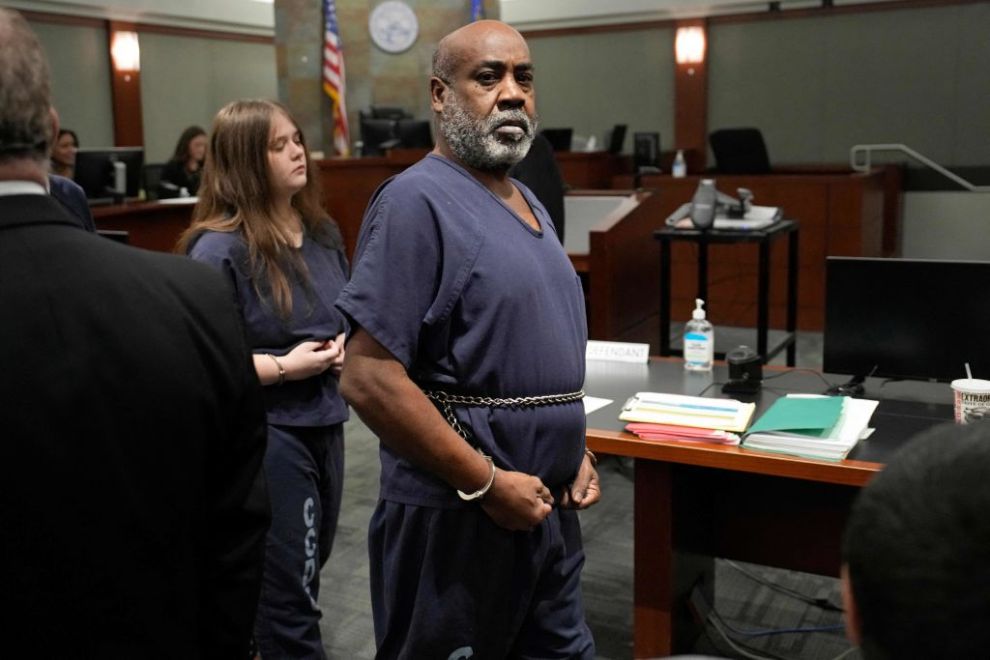Duane “Keefe D” Davis, the lone suspect charged in the 1996 murder of hip-hop legend Tupac Shakur, is seeking dismissal of all charges against him. Davis’ legal team argues the decades-long delay in prosecution violates his constitutional rights and irreparably harms his defense.
On Monday, Jan. 6, Davis’ attorney, Carl E.G. Arnold, filed a motion in Las Vegas, citing “unjustified” delays that resulted in fading memories, missing witnesses, and lost evidence. “Too many witnesses have died, and critical evidence has been destroyed,” Arnold stated. He contends the delay has compromised the prosecution’s ability to build a credible case.
Arnold also pointed to a 2008 proffer agreement with a federal task force, which Davis claims granted him immunity in exchange for cooperating with authorities. “The State of Nevada was in possession of the same facts in 2009 that led to Mr. Davis’ arrest in 2023,” Arnold argued. He maintains the agreement should preclude any charges against his client.
Key Evidence Questioned in Tupac Murder Case
Prosecutors’ case heavily relies on Davis’ own confessions, which were made during interviews with investigators and detailed in his 2019 memoir. However, Arnold asserts that without independent corroboration, these statements are insufficient for a conviction.
“Mr. Davis’ alleged role in the shooting—handing the weapon to the backseat passenger—comes solely from his statements,” Arnold said. He added that other potential witnesses, including individuals allegedly present at the scene, are either deceased or incarcerated, making them unavailable for testimony.
Authorities in Las Vegas, however, argue that Davis’ public admissions, including interviews and his memoir, reignited the case and support the charges against him.
A hearing on the motion to dismiss is scheduled for Jan. 21. If denied, Davis’ trial is set to begin on March 17. Davis has pleaded not guilty to all charges and faces life in prison if convicted.

